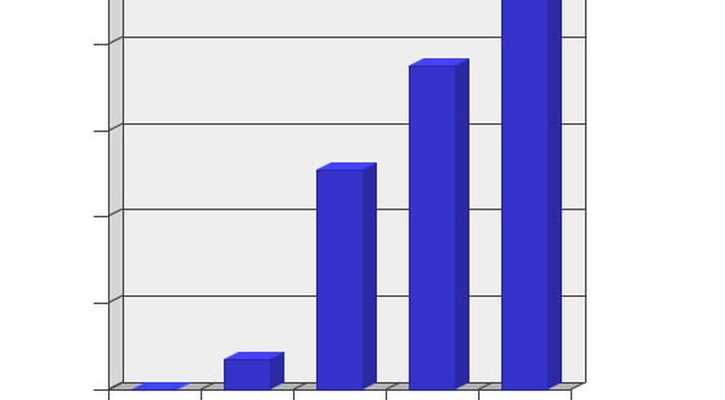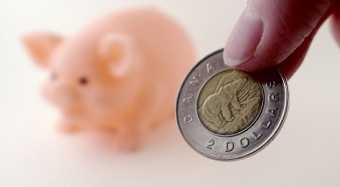The Organization for Economic Co-operation and Development (OECD) said in the survey it published last week of the Israeli economy that Israel’s economy is projected to expand at a moderate 2.5% for 2015 but will pick up the pace to 3.2% for 2016 and 2017 faster than many of the world’s economic leaders.
This increase in activity should keep unemployment low. Unemployment is projected to stay at a moderate 5.2% through 2017.
A rise in the minimum wage, falling oil prices and budgetary measures to stimulate the economy will support domestic demand, while exports are likely to recover with the improvement in the global economy.
Pursuing an accommodative monetary policy is appropriate to prevent an appreciation of the shekel, as long as inflation remains low and other major central banks maintain their expansionary stances. Property market tension poses a risk, however, and macro-prudential policy may need to be reinforced if necessary.
The fiscal easing planned for 2016, including tax cuts and major spending increases, will make the medium-term public debt reduction objective more difficult to achieve. Stepping up structural reforms to strengthen competition in sheltered sectors would be beneficial to boost productivity and promote inclusive growth.
The commitment to reduce CO2 emissions per capita by 26% before 2030 is welcome but could be more ambitious. Introducing a carbon tax would help to meet this objective in a growth-friendly way, and pursuing public rail transport development would also reduce the costs of urban congestion. The taxation of private cars should target their use rather than their ownership, and the tax breaks associated with company cars should be abolished.






